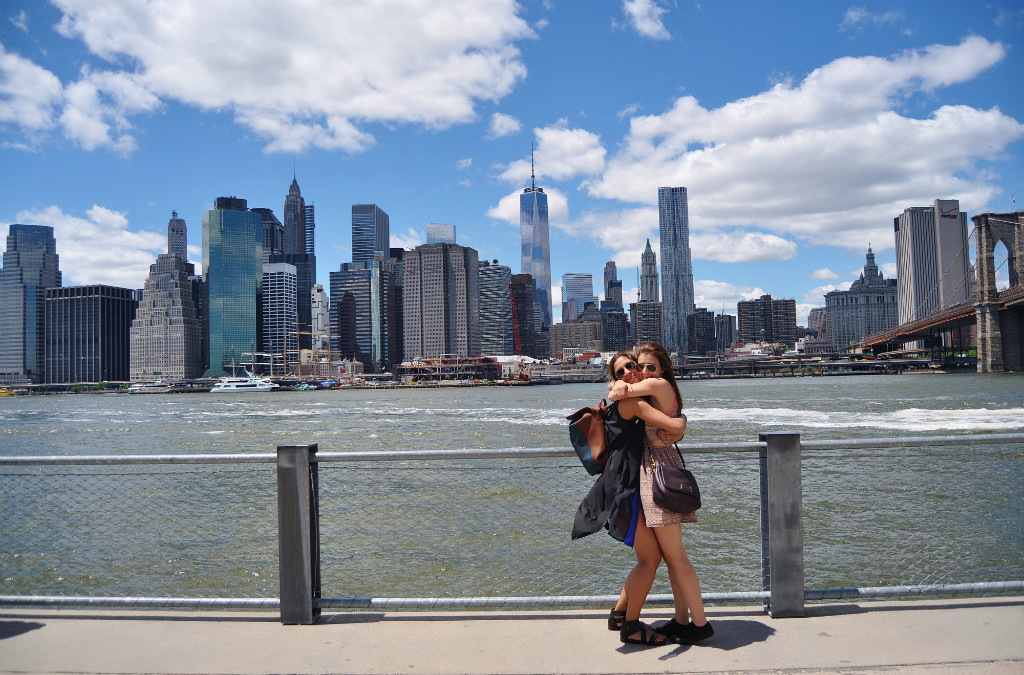Maybe all you need to feel better is a hug.
According to new research from Carnegie Mellon University (CMU), hugs act as a form of social support and help protect stressed people from getting sick.
“We know that people experiencing ongoing conflicts with others are less able to fight off cold viruses,” said Sheldon Cohen, the Robert E. Doherty University Professor of Psychology in CMU’s Dietrich College of Humanities and Social Sciences. “We also know that people who report having social support are partly protected from the effects of stress on psychological states, such as depression and anxiety. We tested whether perceptions of social support are equally effective in protecting us from stress-induced susceptibility to infection and also whether receiving hugs might partially account for those feelings of support and themselves protect a person against infection.”
After questioning perceived support, interpersonal conflicts, and the frequency of hugs of 404 healthy adults, the researchers exposed the study participants to a common cold virus and monitored them for signs of sickness.
The researchers found that perceived social support mitigated infection risks, and hugs accounted for one-third of the “protective effect of social support.”
“This suggests that being hugged by a trusted person may act as an effective means of conveying support and that increasing the frequency of hugs might be an effective means of reducing the deleterious effects of stress,” Cohen said. “The apparent protective effect of hugs may be attributable to the physical contact itself or to hugging being a behavioral indicator of support and intimacy. Either way, those who receive more hugs are somewhat more protected from infection.”
(Image: GLady)

